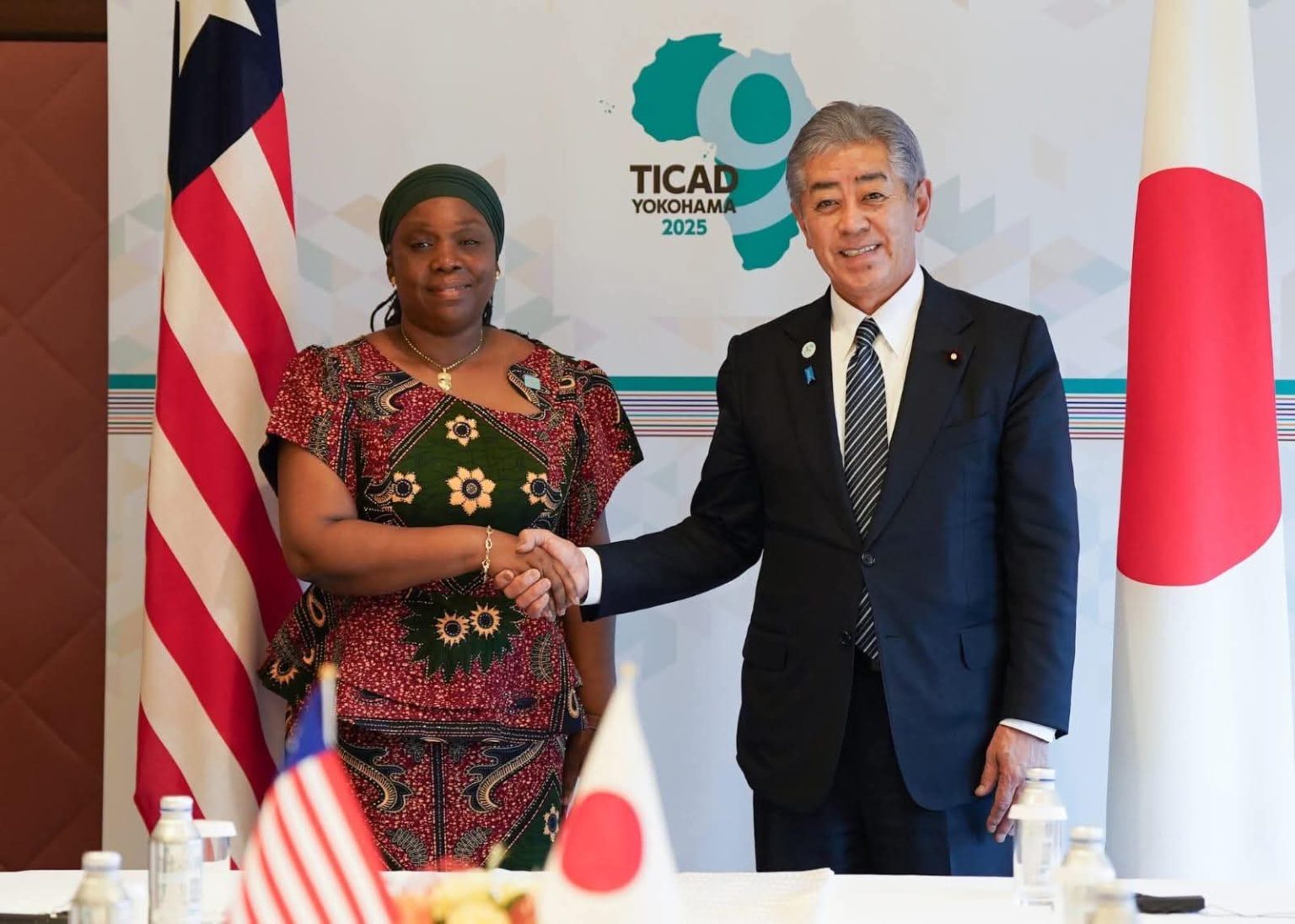Liberia, a West African nation with a vast Atlantic coastline, faces escalating threats from coastal erosion and the intensifying impacts of climate change. These environmental challenges, coupled with limited resources and existing infrastructure vulnerabilities, pose a significant threat to coastal communities and the nation’s overall stability. In a promising development, Japan has expressed keen interest in partnering with Liberia to bolster its coastal defenses and maritime security. This potential collaboration emerged following Liberia’s participation in the Ninth Tokyo International Conference on African Development (TICAD 9), a forum designed to foster cooperation between African nations and Japan.
The vulnerability of Liberia’s coastline is not a recent phenomenon. For decades, communities along the Atlantic have grappled with the destructive forces of coastal erosion, exacerbated by rising sea levels and storm surges. These events have resulted in the displacement of populations, damage to vital infrastructure such as roads and homes, and increased health risks due to waterborne diseases. A 2010 United Nations Development Programme (UNDP) report highlighted the severity of the situation, citing significant coastline loss in Buchanan and estimating that approximately 60,000 residents in vulnerable communities are affected annually. While organizations like the World Bank, the Red Cross, and the UNDP have provided assistance, the challenges persist, particularly during the rainy season.
Japan’s proposed partnership offers a potential lifeline for Liberia. Leveraging its extensive experience in advanced coastal protection technologies, including artificial island construction, Japan has offered technical assistance, training, and potentially equipment to enhance Liberia’s maritime security and coastal resilience. This support could encompass various areas, including sea defense construction, waste management strategies, and improved maritime surveillance capabilities. The collaboration aims to not only protect coastal communities from immediate threats but also to strengthen Liberia’s long-term capacity to manage and mitigate the impacts of climate change.
The partnership between Liberia and Japan extends beyond coastal protection. Under the comprehensive framework of TICAD 9, Liberia stands to gain across multiple sectors. Japan has committed significant resources to support African development, including a $1.5 billion impact investment fund and $5.5 billion in enhanced private sector assistance. Liberia could access these funds to implement projects focused on economic growth, infrastructure development, and human capital development. Specific areas of cooperation include agriculture and food security, with pilot projects planned for climate-resilient rice varieties, mechanized farming, and improved irrigation techniques. Human capital development initiatives will focus on skills training for Liberian youth, scholarships, and women’s empowerment programs.
Furthermore, Japan’s support extends to the health and social development sectors. Liberia could benefit from upgrades to referral hospitals, grants for medical equipment, training for health personnel, and improved access to vaccines through Japan’s contribution to GAVI, the Vaccine Alliance. In the realm of peace, stability, and governance, Japan’s assistance will encompass maritime security capacity building, efforts to counter illegal fishing, governance training, and participation in peacebuilding initiatives. These multifaceted initiatives demonstrate Japan’s commitment to supporting Liberia’s holistic development and strengthening its resilience in the face of various challenges.
The proposed partnership is currently in the planning stages, with Liberia and Japan working to define the scope of cooperation, secure funding, and establish implementation timelines. A $72 million funding proposal encompassing priority projects in infrastructure, health, education, and agriculture has been submitted to the Japanese government for review. To ensure effective implementation and transparency, Liberia’s Ministry of Foreign Affairs will establish a dedicated TICAD 9 Implementation Desk to monitor commitments and provide regular updates to the public. This collaborative effort signifies a crucial step towards strengthening Liberia’s coastal defenses, promoting sustainable development, and fostering a more secure future for its citizens.


